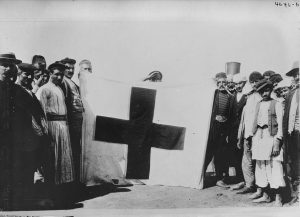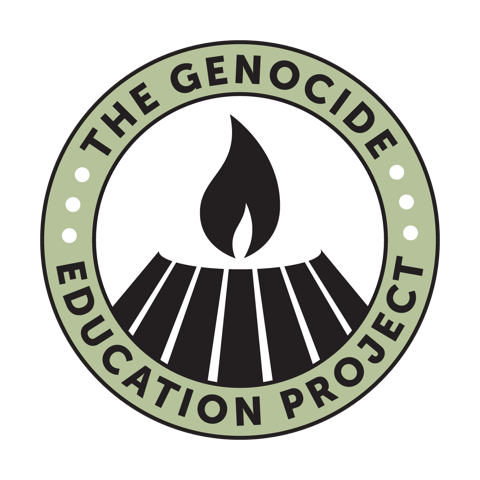The Resistance, Agency, and Empowerment teaching unit explores the concept, forms, and examples of resistance through which students learn about genocide. Examining individual and collective actions in response to the Armenian Genocide and its denial as it was being carried out and over the course of more than a century thereafter, the unit highlights the long, continuing legacy of genocide and the value of individual choice and cooperation in affecting positive change.
This unit includes ten distinct lessons that can be used as a 10-day unit or individually. Each of the lessons is designed for a 50-minute class period and can be used on its own or with any or all of the other lessons. The Armenian Genocide is used as a case study to examine the theme of resistance, agency, and empowerment, which runs throughout each of the lessons. Each lesson is adaptable to the target audience and course time.When lessons are used individually, teachers would include a brief explanation of these concepts, as necessary. Below are brief descriptions of each lesson in the unit.

Residents of Musa Dagh, who successfully resisted deportation and massacre during the Armenian Genocide, by moving to the top of their local mountain and fighting off multiple attacks before being rescued by the French navy.
Notes on choosing individual lessons:
The lessons The Armenians and “The Armenian Genocide: Background are helpful for those teachers who can devote only 1-3 periods on the Armenian Genocide. Together, they provide a concise representation of the Armenian people and the history of the Armenian Genocide; The Survivors lesson focuses on survivor accounts of the genocide; The Armenian Experience (requiring 2 sessions) focuses on survivors and present-day Armenians; Defining Genocide is useful to highlight parallels between the Armenian Genocide and other genocides; Legacy helps examine the long-term impact of genocide denial.
Defining Genocide: Students will learn the legal definition of genocide and apply it to four different cases of genocide: Cambodian, Rwandan, the Holocaust, and the Native Americans.
Resistance, Agency, and Empowerment: Students will define and apply these concepts in their own lives and while investigating Armenian identity.
The Armenians: Students will explore who the ancient Armenians were and who the Armenians were at the beginning of the twentieth century.
The Armenian Genocide Background: Students will research the significant dates and events of the Armenian Genocide.
The Armenian Genocide Timeline: Students will organize their research into a chronological timeline.
The Survivors: Students will use primary and secondary sources to explore different Armenian experiences during the genocide.
The Promise: Students will explore themes of resistance through the film “The Promise”
The Armenian Experience (2 lessons): Students will gather information about the Armenian experience before, during, and after the genocide, as well as what it means to be an Armenian today.
Legacy: Students will explore the consequences of hate through antisemitism, anti-Armenianism, and denial.
** This curriculum was developed by Cynthia Martinez, a GenEd Teacher Fellow with The Genocide Education Project. It is part of a project of the California Teachers Collaborative for Holocaust and Genocide Education, established by the JFCS Holocaust Center, with support from a grant from the Marin County Office of Education and the State of California.**
